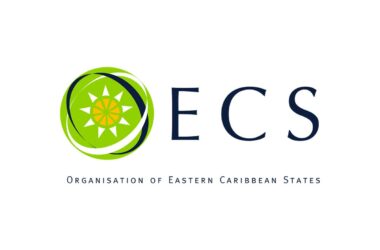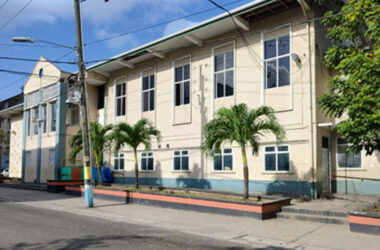The Caribbean economy that relied the most on travel and tourism in 2021 was Antigua and Barbuda, with this sector accounting for 61% of its gross domestic product (GDP). Aruba followed that year as the Caribbean island with the second-largest share of GDP (59.6%) from tourism, while Saint Lucia ranked third with 48.6%. (Source: Caribbean Monthly Economic Report 2023).
The tourism industry, more than any other on the island, has been the focal point of the Government of Saint Lucia over the years, irrespective of the political party that is in power. Not surprisingly, much attention has always been given to this industry.
Recognised as the island’s primary earner of foreign exchange, the tourism product continues to flourish in Fair Helen with sights and attractions catering specifically to the visitor.
With so much attention being given to the local tourism product by the Government of Saint Lucia; a product which has won numerous lofty accolades in regional and international publications and organisations, and which has always been boasted as performing better than the year before, whether via cruise arrivals, stay over visitors or the yachting industry, one can’t help but believe that the income the country makes from the travel and tourism industry is a hefty sum.
But one could be wrong because the Government of Saint Lucia has never revealed to the people of Saint Lucia an audited statement of the island’s travel and tourism industry. In other words, how much revenue did the island’s travel and tourism industry earn in 2021 and how much was its expenditure? Was a profit realised in terms of dollars and cents for that year or any past year?
The Government of Saint Lucia is famous for comparing tourism figures over given periods of time, particularly when current figures are higher than figures of previous years, thereby giving the impression that its stewardship in this industry, and governance of the country overall, is deserving of a passing grade.
We are never properly informed of the total impact of tourism on the economy when times are good. We are only made aware of such an impact when a disaster strikes the industry, like the 2008/2009 global economic meltdown and the 2020/2021 COVID-19 pandemic.
Not many of us are aware that Saint Lucia’s stopover tourist arrival recovery, from the global economic meltdown, was in 2010, faster than most islands in the Caribbean. It has been predicted by industry experts that Saint Lucia is expected to recover from the pandemic this year. However, those same industry experts believe that when it comes to real economic recovery Saint Lucia will recover in 2024, again ahead of several other Caribbean countries.
This suggests a couple things, according to the experts, that, in general, there is some correlation between tourism and real GDP recovery, and the more diversified economies are recovering in real terms more quickly.
The question we want to ask is whether Saint Lucia is making a profit from its travel and tourism industry? Are the concessions given by government to the movers and shakers of the industry crippling the country’s ability to make the type of money it should be making from the industry?
What is Saint Lucia’s net foreign exchange earnings from the industry? is Saint Lucia’s travel and tourism sector a net drain on our foreign exchange?
A pertinent question is whether our legal (particularly taxation) regime incentivises earners of United States Dollars (USD) to hold their revenue overseas, and only bring onshore that which they need to convert to pay local bills? Is the tourism industry driving the economic engine of the country strongly enough to prevent high levels of unemployment among the youth and the population in general?
Unquestionably, the tourism sector generates jobs and economic activity, something governments across the region like thereby giving the impression that tourism is pro-progress.
While we understand the importance of “impressions”, especially from a political perspective, tourism to us, the people, represents survival rather than progress. Until proven otherwise, we will continue to question the Government of Saint Lucia’s justification for continually subsidising tourism with its many concessions to the industry. Tourism is expected to make the lives of Saint Lucians better. What we are seeing, however, appears to be a transfer of wealth from the Lucian people to those with the capital to be the investors in the industry, usually non- St. Lucians. Lest we be misunderstood, we are absolutely not against foreign direct investment as this has the potential to accelerate our rate of economic growth.
We reiterate, however, before a full appreciation and assessment of the contribution that this all-pervasive industry makes to our country, we, the people, are entitled, on an annual basis, to have a clear comprehensible, credible statement of the “balance sheet” of tourism. Without information, we stumble in the dark. With information, we can all contribute to the policies of progress.














